Cattle owners in NI should take action now to check through their herd lists for any animals that have an identification status that could mean these animals are excluded from the food chain.
That comes as DAERA vets, working on behalf of the Food Standards Agency (FSA), roll out a new policy and procedure this month at meat plants aimed at resolving identification queries before slaughter. If it is not resolved to the satisfaction of the veterinary officer present then the animal is binned, with the farmer suffering a significant financial loss.
Three statuses
At present, there are three main statuses that could cause an issue at slaughter:
IDQ: identification query.NNO: no birth notification.DOBQ: date of birth queryIt is understood that there could be over 15,000 cattle in NI that currently have an IDQ, NNO or DOBQ status.
Some of the issues that caused these statuses to be applied can be easily resolved, and in the case of around 5,000 cattle marked with an IDQ, it is understood that the majority are where the wrong sex was recorded against the animal at birth. It is questionable whether an IDQ should ever have been recorded against these animals.
Advice
The advice now is not to wait until slaughtering an animal before trying to sort any outstanding issues. A factory lairage is a busy place and not the best environment to try to pull together relevant information.
“Our advice to farmers is to find out now the status of their animals. Where there are issues, they should go to their local divisional veterinary office (DVO) to try to get it resolved, as once an animal is in a factory with an identification query it is now difficult to deal with,” said Conall Donnelly, the chief executive of the NI Meat Exporters’ Association (NIMEA).
As well as potentially creating problems at slaughter, animals with an IDQ, NNO or DOBQ status cannot move off the farm to a local mart, further limiting sale options for farmers.
Cattle owners in NI should take action now to check through their herd lists for any animals that have an identification status that could mean these animals are excluded from the food chain.
That comes as DAERA vets, working on behalf of the Food Standards Agency (FSA), roll out a new policy and procedure this month at meat plants aimed at resolving identification queries before slaughter. If it is not resolved to the satisfaction of the veterinary officer present then the animal is binned, with the farmer suffering a significant financial loss.
Three statuses
At present, there are three main statuses that could cause an issue at slaughter:
IDQ: identification query.NNO: no birth notification.DOBQ: date of birth queryIt is understood that there could be over 15,000 cattle in NI that currently have an IDQ, NNO or DOBQ status.
Some of the issues that caused these statuses to be applied can be easily resolved, and in the case of around 5,000 cattle marked with an IDQ, it is understood that the majority are where the wrong sex was recorded against the animal at birth. It is questionable whether an IDQ should ever have been recorded against these animals.
Advice
The advice now is not to wait until slaughtering an animal before trying to sort any outstanding issues. A factory lairage is a busy place and not the best environment to try to pull together relevant information.
“Our advice to farmers is to find out now the status of their animals. Where there are issues, they should go to their local divisional veterinary office (DVO) to try to get it resolved, as once an animal is in a factory with an identification query it is now difficult to deal with,” said Conall Donnelly, the chief executive of the NI Meat Exporters’ Association (NIMEA).
As well as potentially creating problems at slaughter, animals with an IDQ, NNO or DOBQ status cannot move off the farm to a local mart, further limiting sale options for farmers.



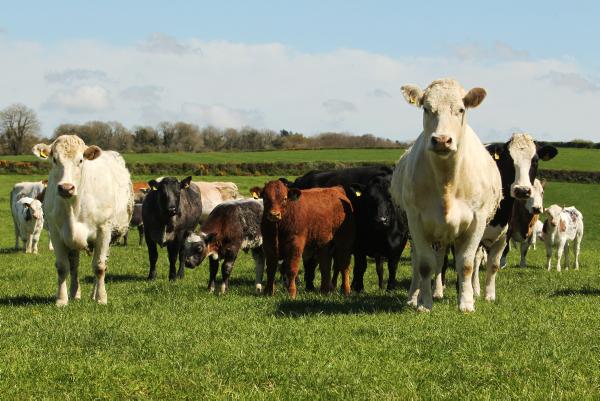
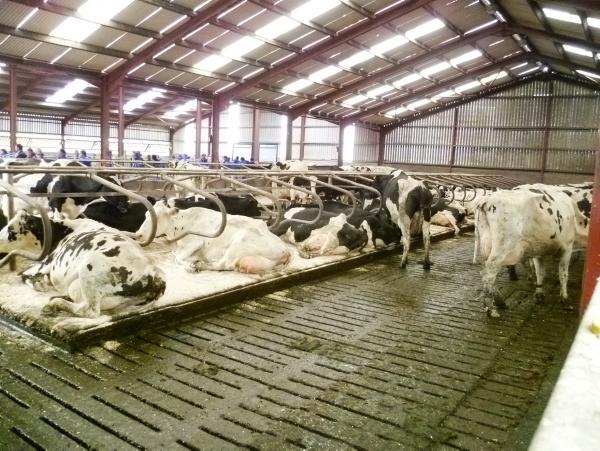

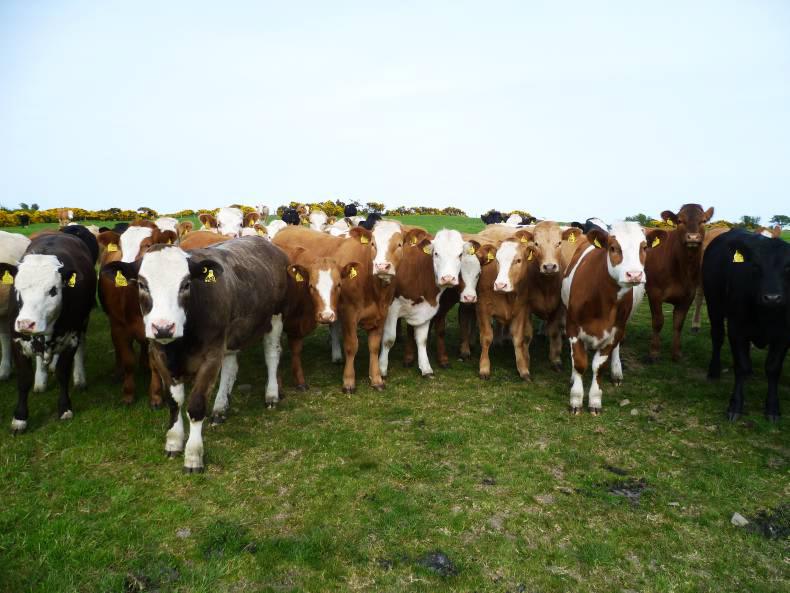
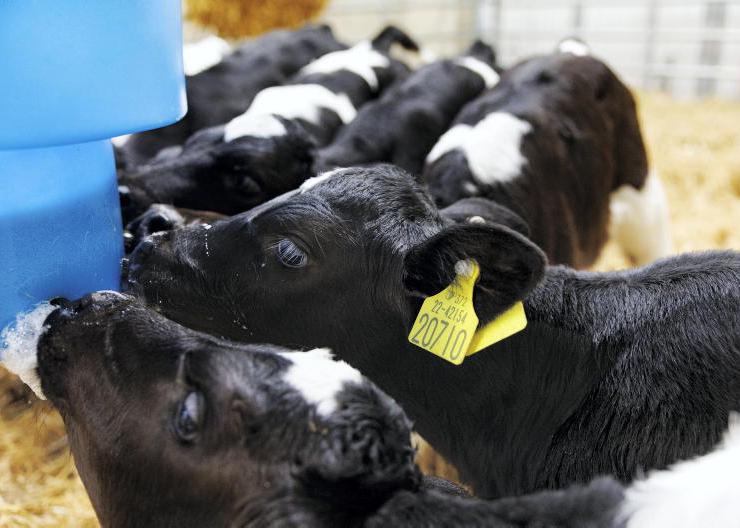
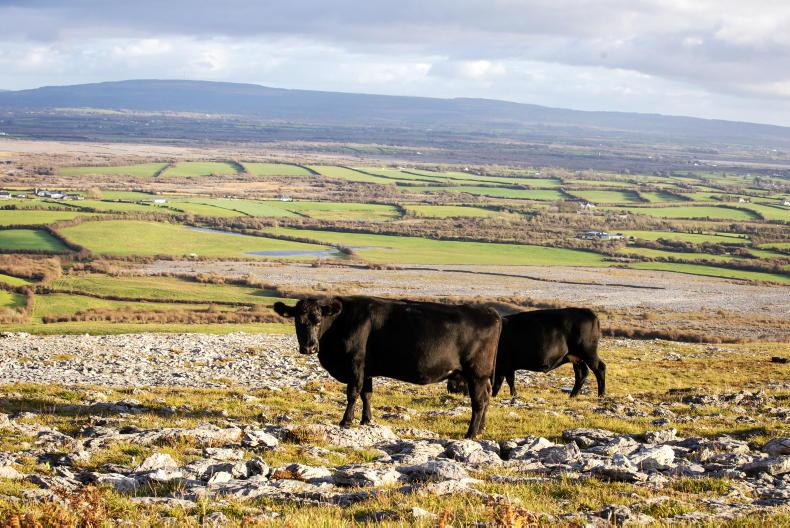
SHARING OPTIONS